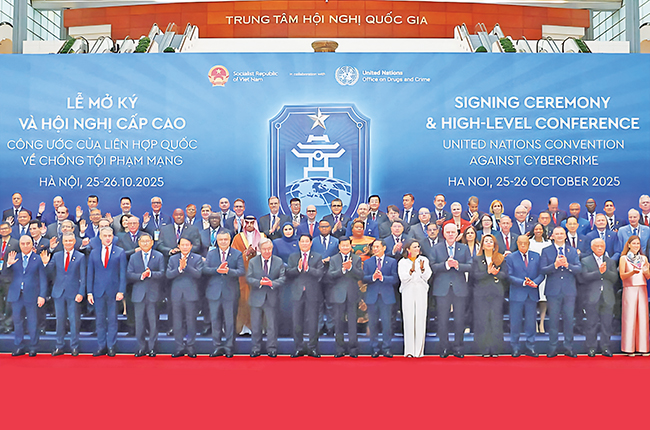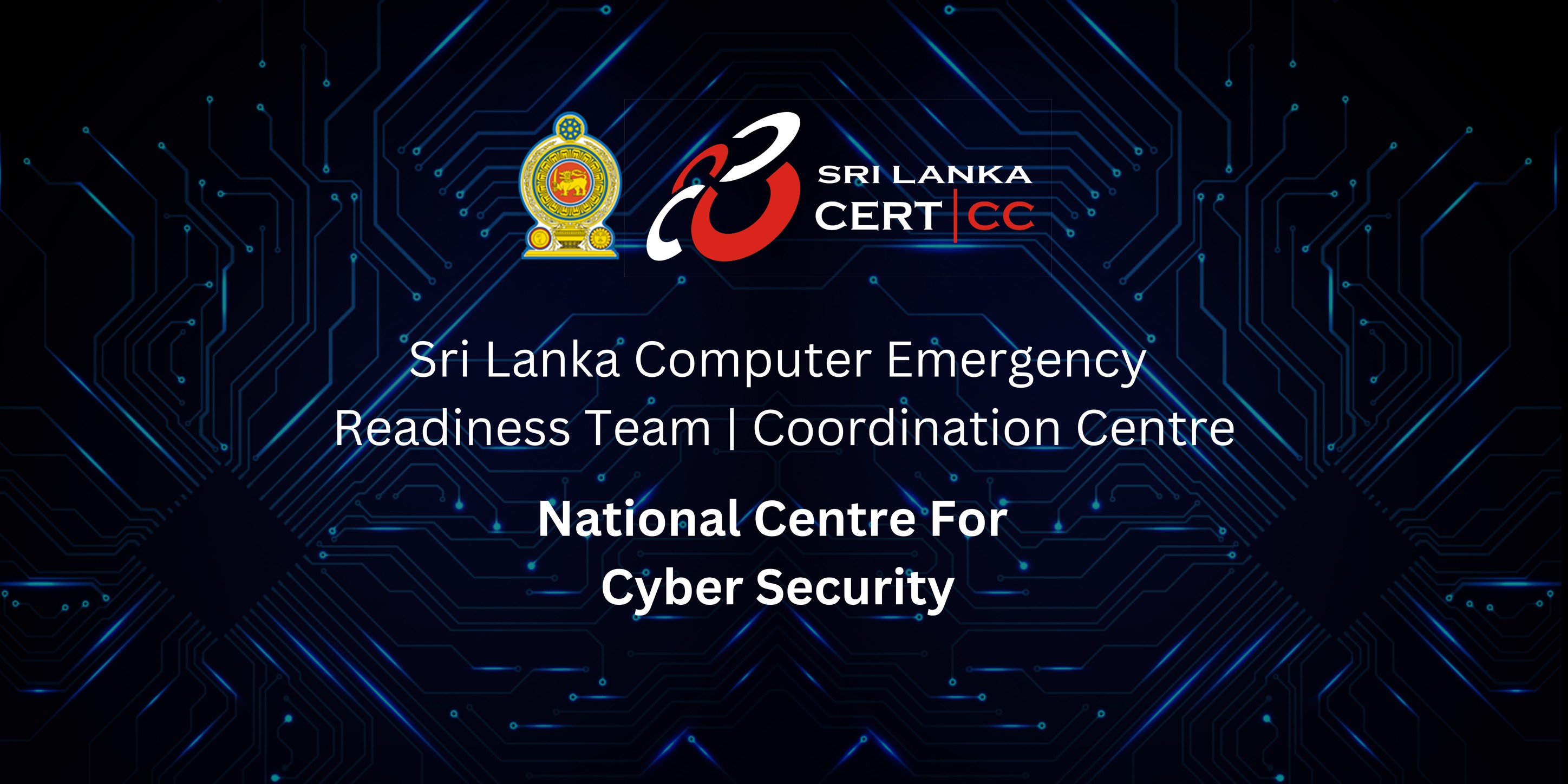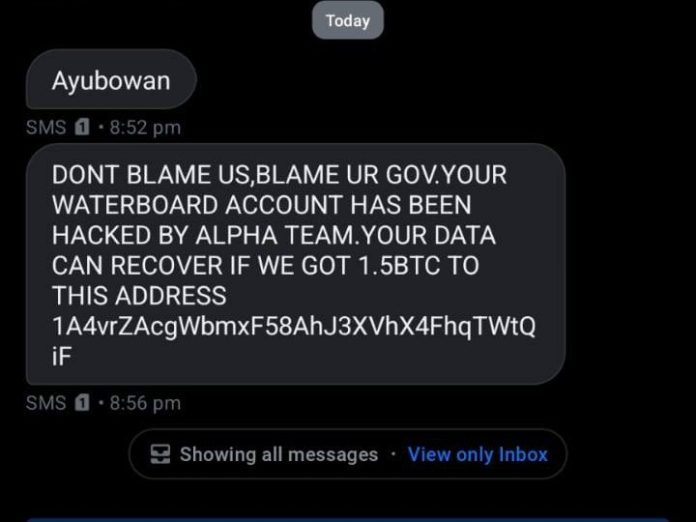Sri Lanka last week took a significant step in global digital security by signing the United Nations Convention Against Cybercrime (UNCC) in Ha Noi, Viet Nam, joining 72 UN Member States and the European Union in what is being hailed as a landmark moment in coordinated international efforts to combat cyber-crime.
 UNCC
UNCC
The signing ceremony was attended by António Guterres, UN Secretary-General, and Luong Cuong, President of Viet Nam, alongside high-level delegates from 111 countries. On behalf of the Sri Lankan government the agreement was signed by Waruna Sri Dhanapala, Acting Secretary of the Ministry of Digital Economy and head of the delegation.
This commitment comes amid a deeply troubling surge in cyber-crime within Sri Lanka. According to the national cybersecurity agency Sri Lanka Computer Emergency Readiness Team (SLCERT), more than 6,500 cyber-crime complaints were lodged in the first seven months of 2025, with 1,198 of those directly tied to financial fraud.
 SLCERT
SLCERT
Social media platforms were flagged as the primary battleground: nearly 90 % of reported incidents involve platforms such as Facebook. The tactics of the criminals have grown more sophisticated, with artificial-intelligence-driven phishing, deep-fake videos, and ransomware attacks increasingly common.
The decision by Sri Lanka to accede to the UNCC follows its earlier adoption of the Budapest Convention on Cybercrime in 2015. Officials say the UNCC opens broader pathways for cooperation especially in evidence sharing and cross-border investigations under the framework of the government’s Digital Economy Blueprint and the National Cyber Protection Strategy (2025-2029).
A Cabinet directive mandates the formation of an inter-ministerial mechanism within three months to drive ratification, involving the Ministries of Justice, Foreign Affairs, Defence, and Public Security, while SLCERT has been designated national focal point for implementation.
Yet the cyber-crime statistics underline that the challenge is urgent and escalating. According to SLCERT, over 5,400 incidents were reported to date in 2025, predominantly tied to social platforms and AI-enabled scams. Cases have ranged from malware attacks to the compromise of public-sector networks.
In one alarming breach, Sri Lanka’s National Water Supply and Drainage Board’s SMS gateway was hijacked by hackers demanding Bitcoin payments via the board’s shortcode. Financial institutions have also been targeted: earlier this year multiple banks endured ransomware attacks resulting in the leak of 1.9 terabytes of sensitive data including national identity card images and transaction logs.
 https://asianmirror.lk/
https://asianmirror.lk/
Sri Lanka’s signing of the UNCC marks a major milestone in its effort to enhance digital trust, anchor its international cooperation credentials and address a rapidly worsening internal threat. But analysts caution that signing alone is not enough.
With cyber-threat vectors evolving faster than regulatory responses, only an accelerated build-out of technical capacity, legislative reform and public-awareness is likely to give the government the upper hand. In this landscape the UNCC provides a crucial backbone but Sri Lanka now faces the harder test of making it operational, robust and effective in a digital era where the costs of inaction are high.

Leave your comments
Login to post a comment
Post comment as a guest